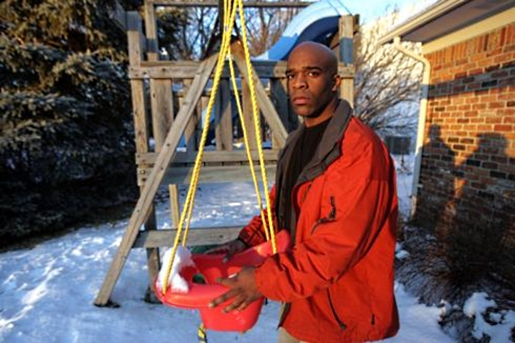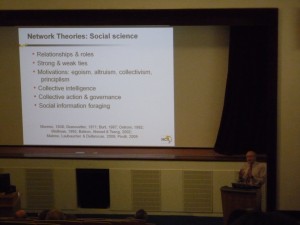The non-profit grassroots organization ahumanright.org recently launched a bold new campaign to help to bring Internet access to some of the 5 billion people who aren’t online. They hope to raise sufficient funds to buy the abandoned TerreStar-1 satellite and offer free Internet access to citizens of impoverished nations, funded by renting usage of the satellite to other communications companies.
If it succeeds, it could become a lot harder for governments to shut down the Internet in their countries during civil unrest, as the satellite coverage would span international boundaries and the organization would be managed with a human right to information at its core.
If you have a spare $1m lying around you can make a donation at http://www.buythissatellite.org/. Read more at TIME or watch the TEDx talk.







 @
@ Tags:
Tags: 




 Richard Rushfield has spent the last few years writing the memoirs of his college years in the mid-1980s. As it happens, just as he needed to find more material to expand on the fragments he remembered, Facebook exploded, and suddenly his past was alive again, all those people he remembered could be consulted and could contribute to the memoir. But soon, the book and the discussions of it on Facebook re-ignited old feuds and the past he was trying to memorialize was alive and kicking again.
Richard Rushfield has spent the last few years writing the memoirs of his college years in the mid-1980s. As it happens, just as he needed to find more material to expand on the fragments he remembered, Facebook exploded, and suddenly his past was alive again, all those people he remembered could be consulted and could contribute to the memoir. But soon, the book and the discussions of it on Facebook re-ignited old feuds and the past he was trying to memorialize was alive and kicking again.









 Like all images on the site, the topic icons are based on images used under Creative Commons or in the public domain. Originals can be found from the following links. Thanks to
Like all images on the site, the topic icons are based on images used under Creative Commons or in the public domain. Originals can be found from the following links. Thanks to